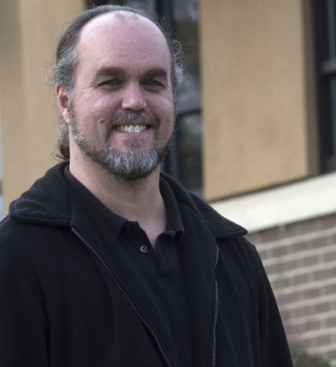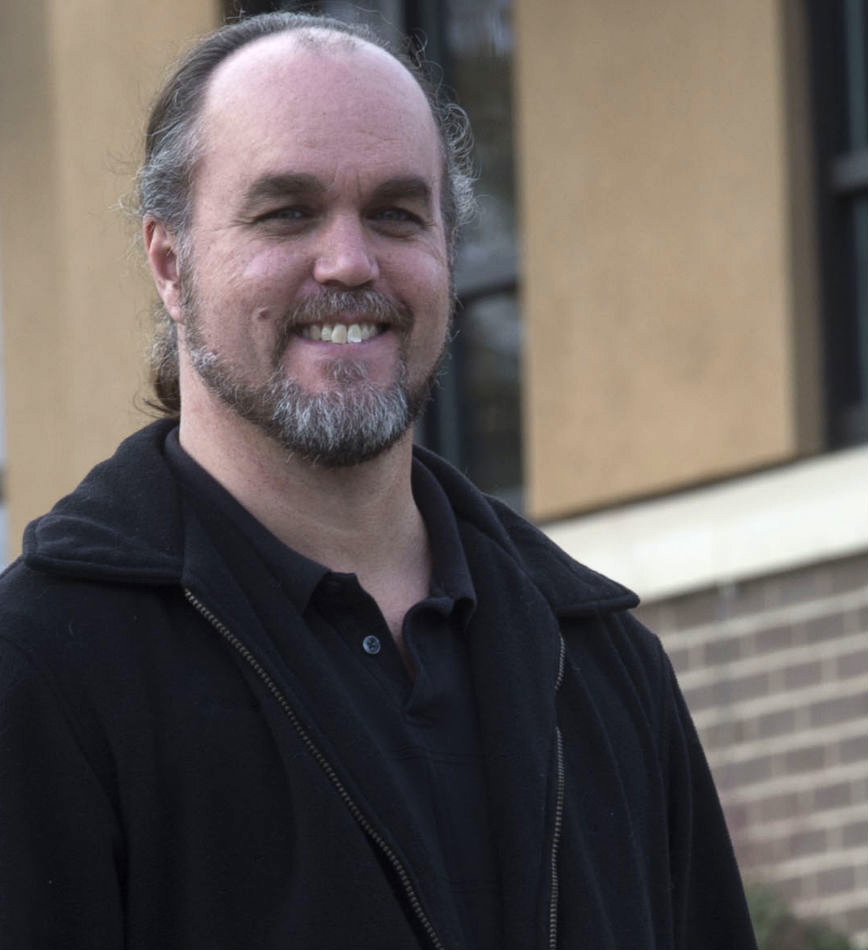 More than three months after sending an unconvicted transgender minor to an adult prison, Connecticut child welfare officials seem more concerned about avoiding political fallout than protecting the child, and critics are contending that her transgender status is leading to mistreatment.
More than three months after sending an unconvicted transgender minor to an adult prison, Connecticut child welfare officials seem more concerned about avoiding political fallout than protecting the child, and critics are contending that her transgender status is leading to mistreatment.
The girl has been involved with the child welfare system since the age of 5. Her father was incarcerated and her mother addicted to crack. As it has been widely reported, she was born male but didn’t identify as a traditional boy.
A relative, finding her playing with dolls, slammed her head into a wall. Another raped her at age 8. She was detained at age 11, then raped by a DCF worker. After working as a prostitute and being held as a sex slave she was put into juvenile custody for assault. While in custody she allegedly assaulted a staff member, prompting DCF to move her to an adult prison.
The latest chapter of the story finds the Department of Children and Families (DCF) being sharply rebuked by the Office of Child Advocate (OCA) and mounting evidence that this particular case is indicative of larger problems.
The immediate source of controversy is the housing of Jane Doe, a 16-year-old placed in solitary confinement in a women’s adult prison several months ago, despite the fact that she has not been convicted of a crime. She was moved recently to Children’s Psychiatric Center in Middletown, but following her involvement in an altercation there she has been moved to solitary confinement at the Juvenile Training School, the state’s only boys’ prison.
Jane, who I wrote about following her first transfer, has suffered terribly in her brief life. She was taken at age 5 from her family due to abuse and has been in state custody of some sort ever since. She hasn’t fared better since her removal though, and has been the victim of multiple rapes and other trauma all while in DCF custody or in foster care.
Now OCA and others who work to protect kids in custody contend that DCF has given up on Jane, not because of her problems, but instead because of her gender identity. Jane’s lawyer, Aaron Romano, questioned DCF Commissioner Joette Katz’s decision to issue a news release instead of informing him of the situation.
The implication is that DCF, following the uproar over sending a child convicted of no crime to an adult prison, is now trying to get ahead in public opinion. This may be understandable given recent events, but bodes ill for the chances that DCF is simultaneously acting in the girl’s best interest. They have put themselves ahead of their wards.
“I am shocked and disappointed at the commissioner,” Romano said.
OCA questioned the July 13 press release as well, calling it a “public shaming” of “a victim of significant abuse and neglect” and “inexplicable” considering that four girls were involved in the incident but only Jane was transferred.
“DCF’s rush to publicize a fraction of an incident is difficult to reconcile with its parental role,” said the statement from OCA’s office. It went on to question whether DCF has a conflict of interest as the girl’s guardian and manager of juvenile services.
Sandra Staub, legal director for the American Civil Liberties Union of Connecticut, succinctly stated the implications of Jane’s case.
“The office of the Child Advocate has demolished the fiction that Jane Doe is uniquely dangerous or violent and has uncovered facts proving she has been a victim of discrimination by her guardian …”
OCA also questioned the effectiveness of DCF’s approach in general, noting that more than 200 incidents have occurred in the last few months where restraints were used on children.
“The fact that many youth move through residential and correctional facilities without being ‘better’ is not a sign of their incorrigibility. Rather, it is consistent with evidence that long-term institutional care … does not work.”
Connecticut DCF isn’t just failing Jane, it’s failing a significant number of its kids, and things need to change.
